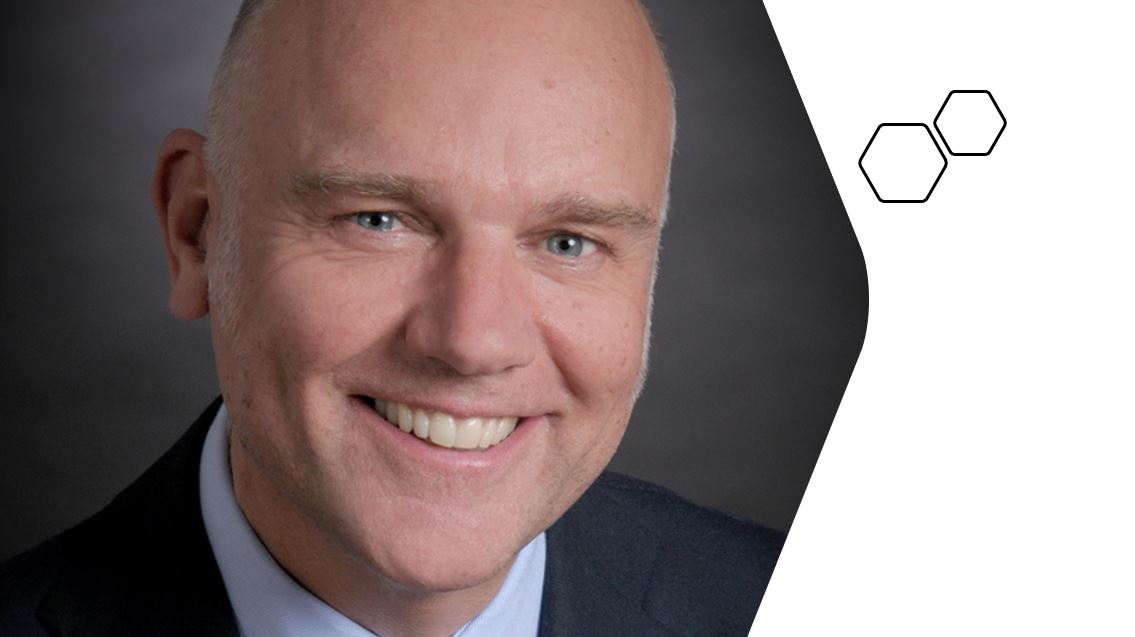Medical
Australians with cardiovascular disease at higher risk COVID-19 complications

Medical News: Australia is ‘doing well so far’ acting to contain the spread of COVID-19 but ‘must increase vigilance and adopt even stricter measures’ to avoid the trajectory the disease has taken in Northern Italy,’ said Professor Nigel Jepson, interventional cardiologist at Prince of Wales Hospital and Medical Director of Eastern Heart Clinic, Randwick NSW.
Particularly vulnerable are the 1.2 million Australians currently living with cardiovascular disease (CVD), more than 1 in 4 (26%) of those aged 75 and over have heart, stroke and vascular disease.
This group and people with other conditions that affect the heart and vascular system, such as high blood pressure, chronic respiratory disease and diabetes, are at elevated risk of developing complications if they contract COVID-19. In an ordinary year, CVD already leads to an average of more than 1 million hospitalisations.
Register FREE and join 20,000+ industry professionals who receive the latest industry news, innovations and insights from Health Industry Hub; the ONLY one-stop-hub connecting Australia’s Pharma, MedTech and Biotech industry professionals.
“We can see from the data in Wuhan that patients with an underlying heart condition may not be more likely to become infected in the first place but are at higher risk of developing complications including breathing problems, abnormal heart rhythms or, ultimately, heart failure, than others,’ said Professor Jepson. This increased risk of death for people with CVD is estimated to be nearly 10% higher than a ‘healthy’ patient.
‘We don’t want to create fear or panic but I don’t think we’re really getting the message across that, while for most of us COVID-19 would be an innocuous disease to get, we need to adopt caution and care to slow the rate of spread as much as possible, in order to protect those who could be more seriously affected.
‘We also want to avoid clogging up hospitals. It makes no sense to say, ‘Let’s all get it now, and get it over with’ – that’s nonsensical and dangerous – because we need the emergency beds, equipment and personnel for acute COVID-19 patients or any other person requiring emergency medical care, or we will find ourselves buckling under the pressure, like the health services in Lombardy (northern Italy).” added Professor Jepson.
News & Trends - Biotechnology

Aussie biotech secures agreement with UQ and USyd to advance cardiovascular diseases research
Biotech News: Australian biotechnology company, Cartherics, developing immune cell therapies for the treatment of cancer, has entered into a Technology […]
MoreNews & Trends - MedTech & Diagnostics

NSW Health Secretary urges more focus on patient experience, drawing from her own heart valve disease journey
In a heart-warming event that united patients, their loved ones, representatives from patient organisations and employees, Edwards Lifesciences hosted its […]
MoreHuman Resources

‘To be an inclusive society, we need an embedded national strategy to combat systemic racism’, says Commissioner Sivaraman
Race Discrimination Commissioner Giridharan Sivaraman has welcomed the release of the Multicultural Framework Review by the Federal Government, calling it […]
MoreNews & Trends - Pharmaceuticals

Shingles vaccine lowers risk of dementia
Pharma News: A recombinant shingles vaccine which was added to Australia’s National Immunisation Program (NIP) in November last year, is […]
More